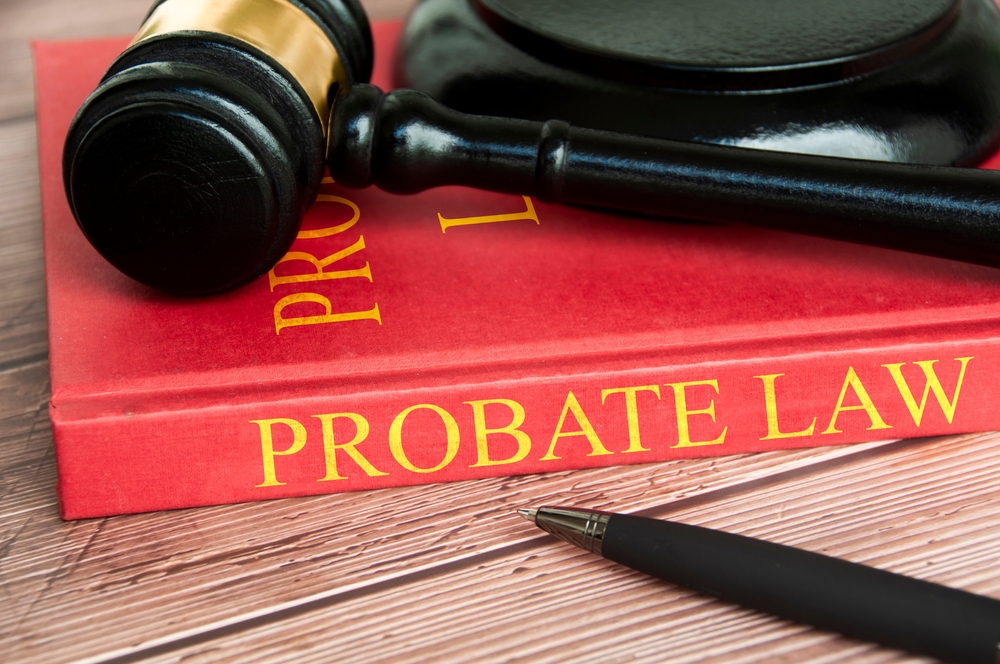Free Consultations: 630-427-4407
Amidst the deep sorrow of a loved one’s passing, many of us come face-to-face with the term “probate.” Probate, in its essence, is the court-driven process by which the assets of someone who has passed away are allocated. This ensures that rightful heirs find solace in their due inheritance and all pending financial responsibilities are addressed.
At the core of probate, the legal system seeks to answer two main questions: Who, in the wake of loss, rightfully stands to inherit? And how should the inheritance be distributed? The probate process not only honors the desires of the deceased as recorded in their will but also serves as a guide when no will exists. Its importance is immense. It brings structure and order during emotionally challenging times, guarantees lawful asset distribution, and provides a clear pathway to settle potential disputes among beneficiaries.
The Illinois Probate Act serves as a steadfast guide for residents of Illinois as they navigate their probate journeys, and is formally referenced as 755 ILCS 5/1 et seq. This expansive statute meticulously lays out the legal frameworks, procedures, and mandates for probate deliberations within the state. For residents of Elmhurst, certain provisions of the act may hold particular relevance, potentially due to local ordinances or common asset distribution patterns specific to the area.

The probate journey begins with the submission of a petition for probate to the appropriate court, usually based on where the deceased lived or where the assets are located. This step comes with necessary fees and essential documents such as the original will and a proof of passing, which is the death certificate.
Following the initiation, it becomes essential to inform all relevant parties about the proceedings. This encompasses heirs, beneficiaries, and creditors who might have a claim on the estate. There are specific legal protocols in place to dictate how these notifications are carried out, ensuring that every involved party’s rights and awareness are upheld.
The focus then transitions to listing the deceased’s assets. This can include real estate properties, cash, vehicles, treasured personal items, financial investments, and beyond. Occasionally, appraisal experts might be called upon to guarantee that each asset receives a fair valuation.
Prior to any allocation of assets, outstanding financial commitments – be it lingering bills, loans, or tax responsibilities – need to be squared off. Addressing these is paramount to sidestepping legal entanglements in the future.
With financial obligations met, the focus shifts to disseminating the remaining assets. A present will often dictate this process. The absence of a will brings Illinois’ intestacy regulations into the process. The distribution phase can sometimes stir disagreements, which are then addressed through established legal channels.
During the probate process, issues can arise around wills. These challenges might stem from concerns that the deceased was unduly influenced or wasn’t mentally clear when making the will. In Illinois, there are specific rules and deadlines for contesting wills. Understanding and following these rules requires a thorough understanding of the law and prompt action.
When navigating the complex and emotionally draining probate process, it’s crucial to have a seasoned probate attorney by your side. They will provide essential support, ensuring that every step is legally sound. Missteps in probate can be emotionally and financially draining; having an attorney helps prevent these errors. And when disagreements occur, their legal knowledge can lead to faster, more harmonious resolutions, avoiding drawn-out legal battles.

Whether you’re in the process of asset distribution or foresee such a legal issue on your horizon, turn to the seasoned legal professionals at SBK Law Group. We stand ready to help you. For dedicated, experienced, and exceptional legal assistance, contact our Elmhurst attorneys at 630-427-4407.